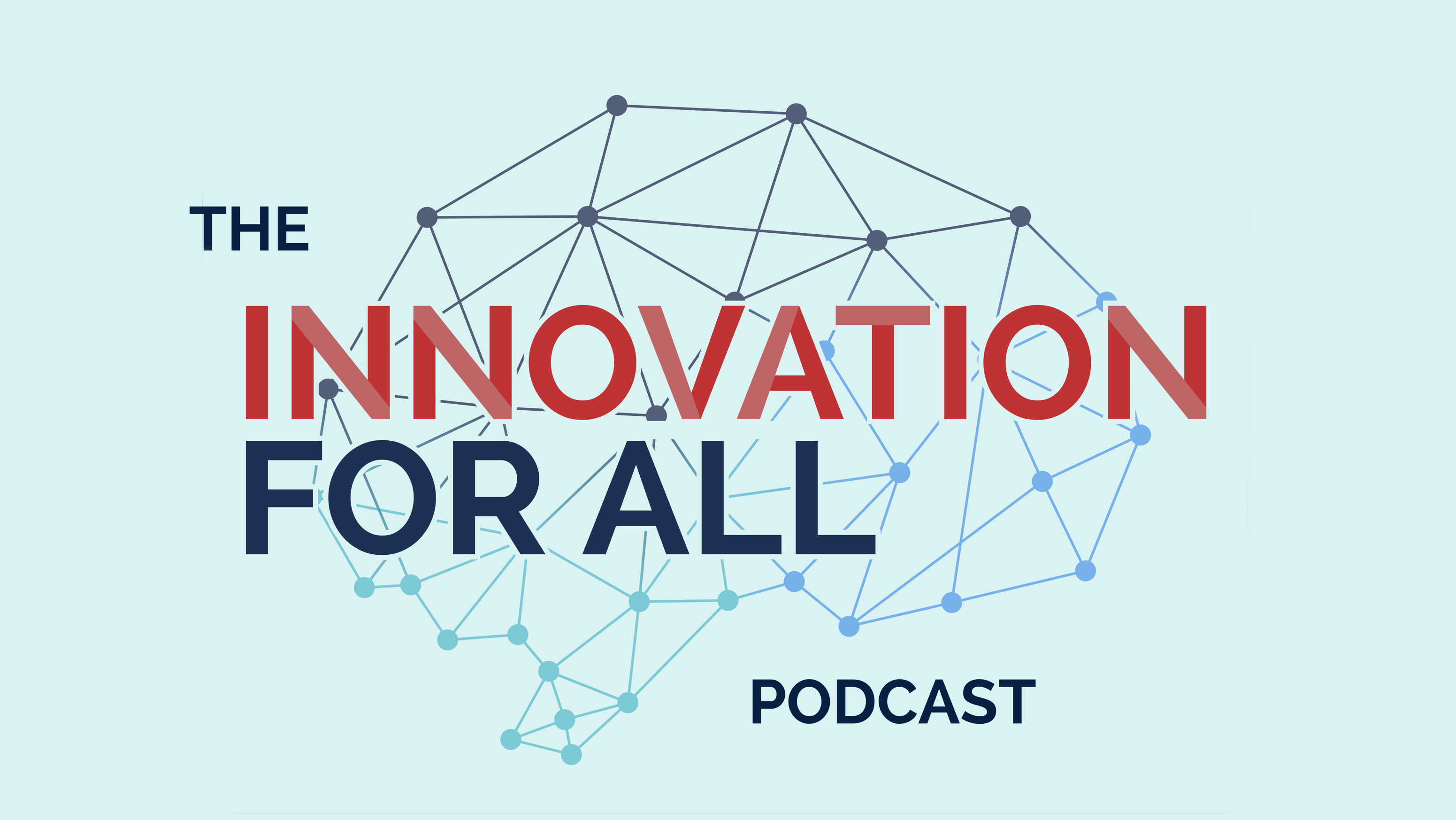
“There is mounting evidence that when you accelerate inclusion you accelerate growth and market opportunity.” — Reena Jana, Google’s Head of Product and Business Inclusion
How does Google make successful products when their users are infinitely diverse? Head of Product and Business Inclusion at Google, Reena Jana, shares in this episode the ways that this tech giant takes an inclusive approach to serve its users and be sensitive to different cultural norms. Reena shares how some of Google’s best products were modified and improved through inclusive design and research practices. She describes the innovative AI technology that Google is using to help with product inclusion and make the products better for everyone who uses them. She also shares with Sheana some of the challenges they’ve faced along the way.
In this episode you will learn:
- What is product inclusion?
- Best practices to overcome product inclusion challenges
- The benefits and challenges of handling inclusion on a global scale
- How Reena forged her role as the head of product and business inclusion
- Product Inclusion success stories and how the team develops these products
- How machine learning in helping Product Inclusion
- How the product development process prioritizes diversity at each level
- Why inclusivity is valuable
- Free tools Google offers to help product inclusion outside of their organization
Links and people mentioned
- Businessweek
- Jutta Treviranus
- Geena Davis Institute on Gender in Media
- McKinsey
- BCG
- Katherine Phillips
- Dolly Chugh
-
